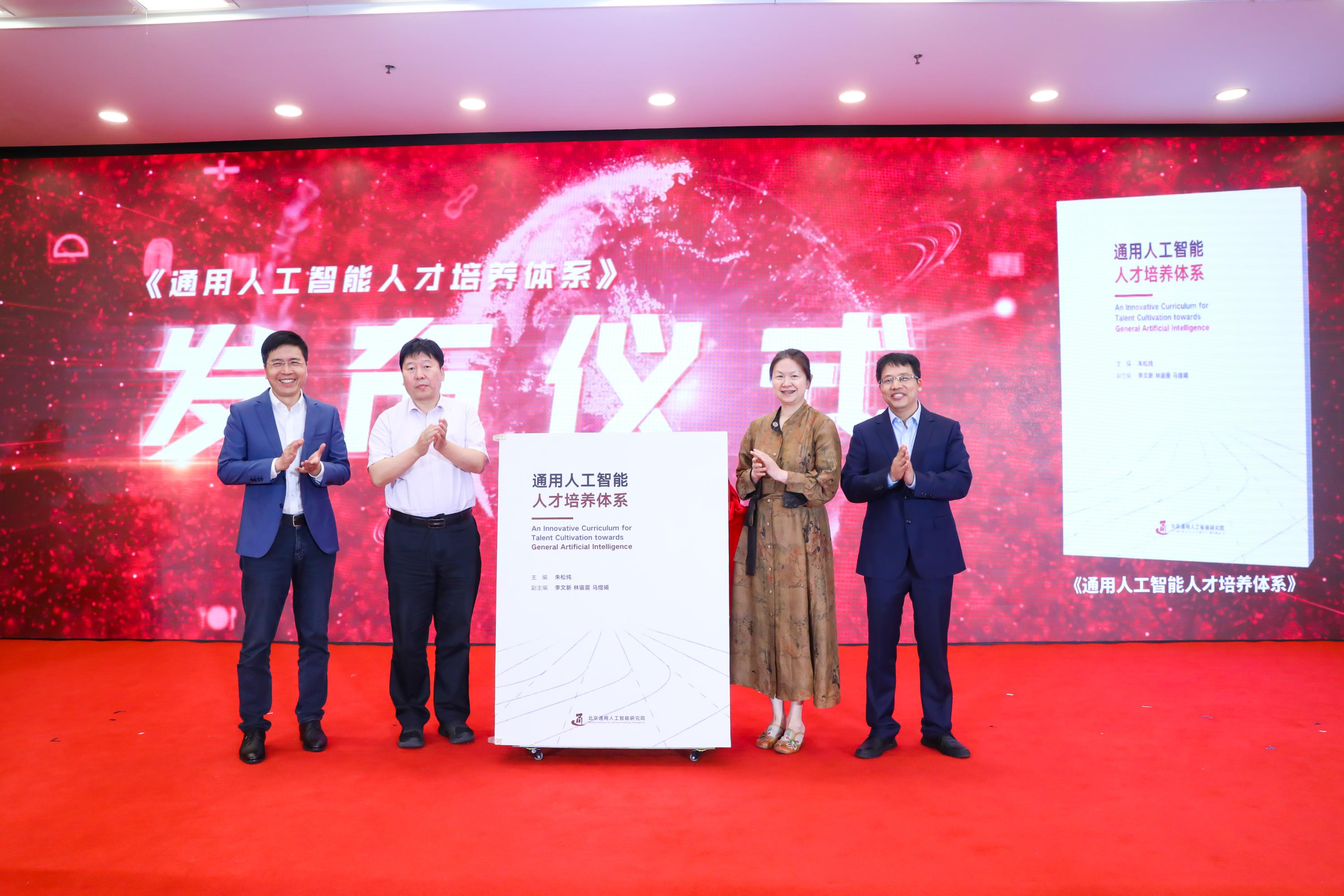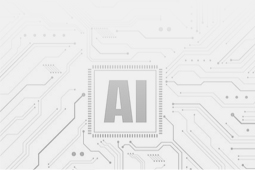
On September 17, the 2022 National AI Deans Forum was held at Peking University, where the "Talent Development Program for Artificial Intelligence" the White Paper (referred to as "the White Paper") was released.
The White Paper was jointly written by Peking University and Beijing Institute of General Artificial Intelligence, with the aim of proposing a comprehensive talent development system for general artificial intelligence that combines academic integrity, scientific spirit, and humanistic literacy across undergraduate, master's, and doctoral levels. Its core objective is to cultivate top-notch AI talents with a focus on cutting-edge technologies worldwide.
The White Paper points out that after a period of 30 years of fragmentation, artificial intelligence has shown a trend of internal integration and external cross-disciplinary development. General artificial intelligence will be the forefront and focal point of international AI research in the next 10-20 years. The transition from quantitative to qualitative change, from limited to unlimited capabilities, and from task-driven to autonomous discovery and adaptation of new tasks is the inevitable path for general artificial intelligence. the White Paper elaborates on the connotation and extension of artificial intelligence, clarifies the differences between artificial intelligence, intelligence science and technology, intelligence disciplines, and computer science, and highlights that intelligence science aims to explain and understand the mechanisms behind intelligent phenomena and model them, exploring the unified theories inherent in intelligent phenomena.
The White Paper suggests that rapid expansion and high-speed development have exposed global issues such as insufficient, low quality, and limited growth of existing AI talent, and universities are the main front for talent development. the White Paper aims to propose a talent development system centered around cultivating top-notch AI talents with a focus on cutting-edge technologies worldwide, which is the "General Knowledge, General Intelligence, and General Application" talent development framework, to build a team of technologically outstanding talents with both humanistic literacy and professional depth in the future.
Regarding undergraduate talent development, the White Paper focuses on introducing the situation of the General Artificial Intelligence Experimental Class established at Peking University's Yuanpei College. For graduate talent development, the White Paper indicates that on one hand, it will be based on the disciplinary connotation of artificial intelligence, focusing on the integration within the field of AI. It will rely on Peking University's School of Intelligence Science and Technology to conduct research, with students choosing specific subfields of AI as their research directions, aiming to break through frontier foundational theories. On the other hand, it will be based on the disciplinary extension of artificial intelligence, focusing on cross-disciplinary collaboration. It will rely on Peking University's Institute for Artificial Intelligence for research, where students select interdisciplinary subjects related to AI to explore innovative cross-disciplinary achievements. The White Paper also provides detailed information on the customized training program implemented by the Department of Automation at Tsinghua University.
Furthermore, the White Paper explores the importance of cultivating scientific spirit and humanistic literacy during the process of nurturing AI talents.



